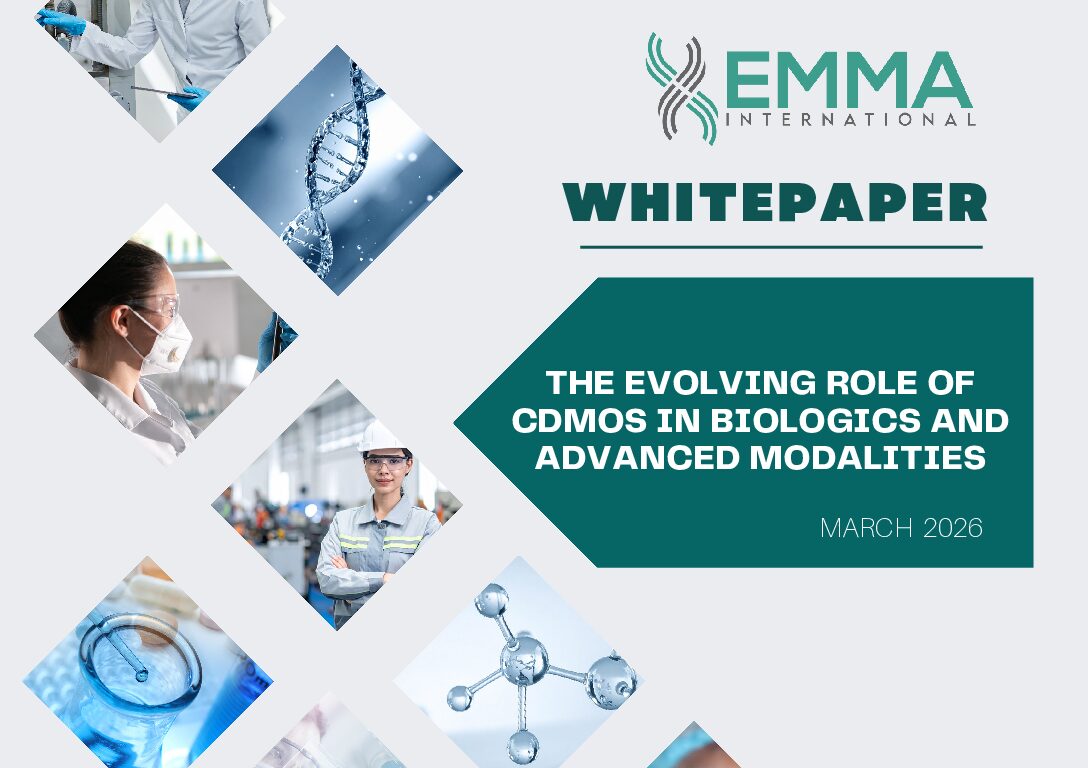Non-prescription drug products are classified as over-the-counter (OTC) drug products. OCT products are drugs that are effective and safe for use by the public without treatment from health professionals. The Food and Drug Administration’s (FDA) review of OCT drugs is handled by the Center for Drug Evaluation and Research’s (CDER) Office of Nonprescription Drugs.1
There are more than 300,000 marketed OTC drugs that the FDA reviews for active ingredients; however, the labeling is reviewed for each one of the 80 therapeutic classes of drugs such as antacids. For each drug class, an OTC monograph is developed and published, as a guideline covering the accepted dosage, formulations, ingredients, and labels. After the monograph is implemented, manufacturers can make and market OTC products without FDA pre-approval.
New OTC products which conform to the OTC monograph classes are marketable without FDA review. If a product does not conform with the monographs, it should be reviewed following the New Drug Application process. A drug manufacturer can petition to change an implemented monograph to include modified labeling or additional ingredients.
Regulatory FDA guidance documents include the processes and evaluations for new OTC drug products. Additional information on regulatory laws policies and procedures for OTC products can be accessed on the Federal Register and within the Code of Federal Regulations. If your company needs assistance with New Drug Applications, OTC drug products monograph petitions, or navigating through the FDA guidance documents, EMMA International is here to help. Contact us by phone at 248-987-4497 or by email at info@emmainternational.com.
_____________________
[1] FDA (March 2020) Drug Applications for Over-the-Counter Drugs. Retrieved on April 18, 2022, from https://www.fda.gov/drugs/types-applications/drug-applications-over-counter-otc-drugs




